Romania extends state of alert
The state of alert in Romania will remain in place for another 30 days, the Romanian cabinet has decided. As of 15 June, the citizens of 17 countries can enter Romania without quarantine, among them Bulgaria. But if the epidemiological situation is to worsen, some of the countries could be dropped from the list. Church rituals are allowed, restaurants have not reopened for indoor dining. Mask-wearing remains mandatory in public places. The new measures and the extension of the state of alert have to pass through parliament which is under the control of the opposition. The left-wing parties are against the extension of the restrictive measures even though Romania has not been able to bring the pandemic under control fully.
Turkey on the verge of tightening Covid-19 measures
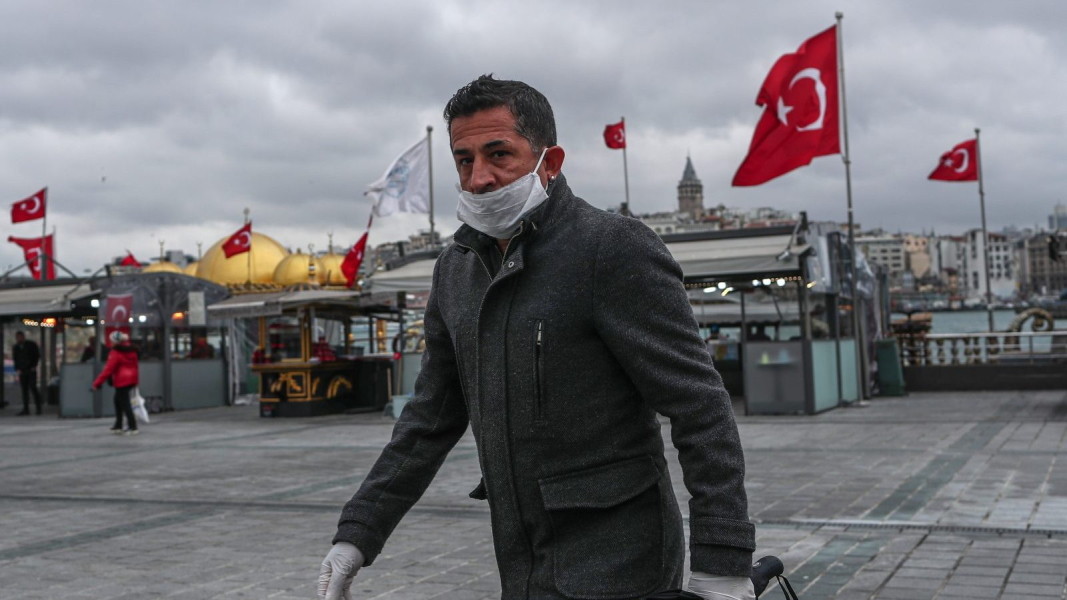
The Turkish health authorities admit that in 48 out of the 81 provinces in the country they have not been able to normalize the situation after the declared easing of coronavirus measures as of 1 June. The daily number of Covid-19 cases is around 1,500. According to Prof. Dr. Osman Müftüoğlu, these indicators take Turkey back to the peak of the Covid-19 epidemic of two months ago. The restrictive measure on going out could be reintroduced during the weekend in major cities like Istanbul, Ankara, Bursa, Konya, as well as in the Southeastern provinces of Diyarbakır, Şanlıurfa, Bitlis where there are fresh coronavirus outbreaks. Inter-city travel in a number of districts could be cancelled. For the time being, 13 districts have been blocked. In 44 major cities, including Istanbul and Ankara, mask-wearing is mandatory.
Kosovo and Serbia to conduct negotiations in USA
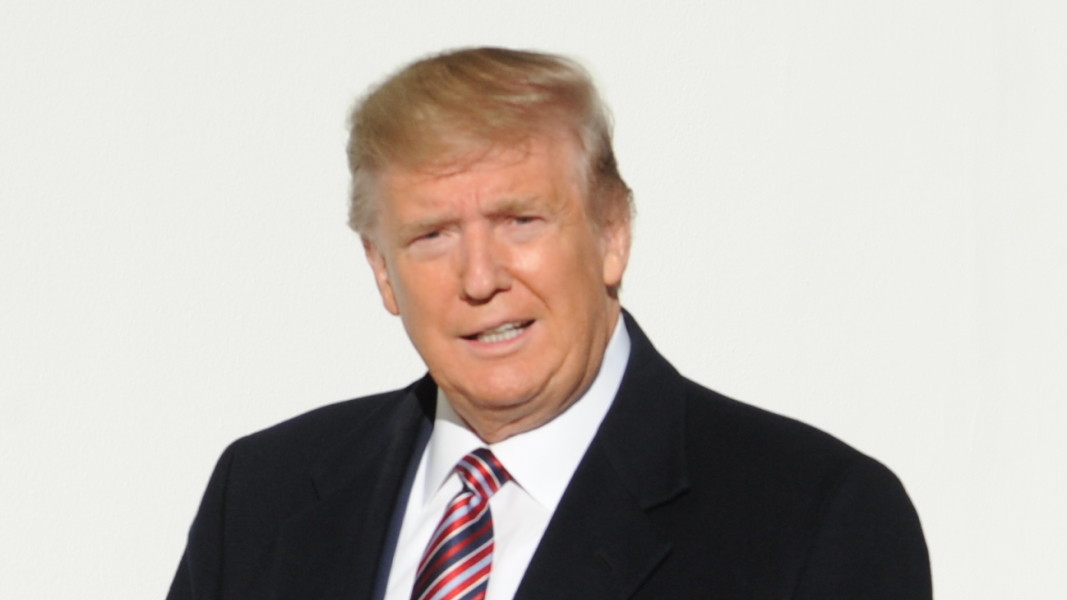
US President Donald Trump invited the leaders of Serbia and Kosovo to a meeting at the White House on 27 June. The US President wants to show the EU that he can play the role of alternative mediator, with success, in the dispute between Belgrade and Pristina, a role in which Brussels has so far failed to make any progress. Recognition of Kosovo will not be on the agenda for the meeting in Washington DC on 27 June, nor are we going to allow it, Serbia’s President Aleksandar Vučić said. The Americans have already stated they want to talk about economy, and so far, we have only talked about economy, Vučić said and added that he does not see a fundamental solution to the Kosovo problem that would be equally acceptable or unacceptable to both sides.
Agreement reached to hold elections in North Macedonia on 15 July
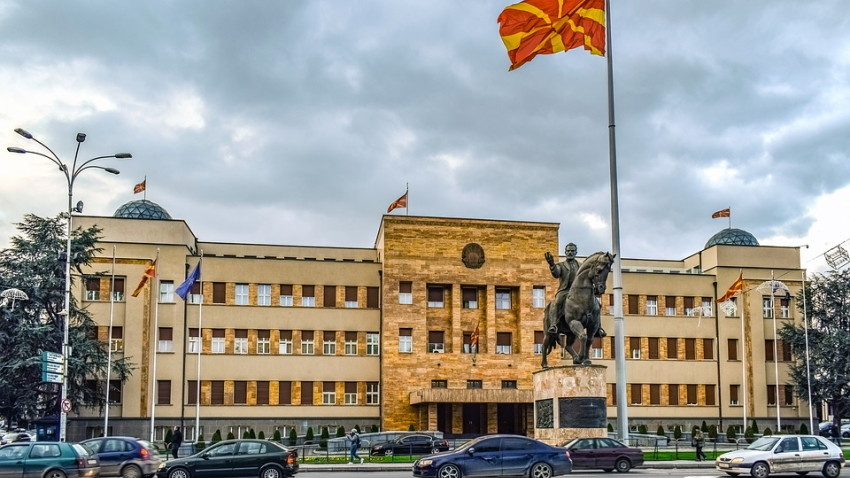
After three months of controversy the two leading political forces in North Macedonia – the ruling Social Democratic Union and the VMRO-DPMNE reached a compromise for the parliamentary elections to be held on 15 July. The vote was supposed to take place on 12 April but was postponed over the coronavirus crisis. The epidemic situation in the country remains critical, most of all in the Albanian quarters of Skopje, the region of Tetovo and North of Kumanovo. In conditions of severe restrictions the parties stated they would campaign without public events. According to latest sociological surveys the social democrats are 4% ahead of VMRO-DPMNE. How the Albanian parties will fare is unpredictable as they are going to the ballot boxes sharply divided.
Greece imposes quarantine in Rhodope villages close to Bulgaria
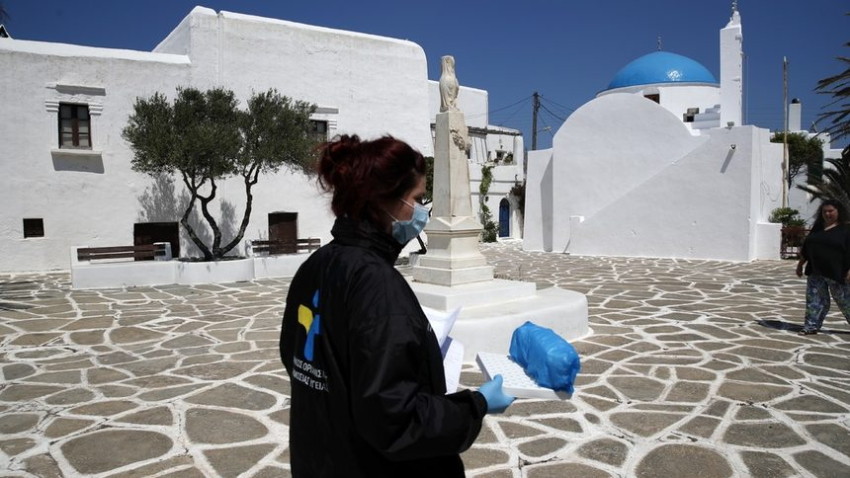
The Greek authorities have introduced emergency anti-epidemic measures in Iasmos municipality in the Rhodope regional unit of Thrace not far from the border with Bulgaria. Iasmos is under full quarantine after 5 new Covid-19 cases were registered there. 11 cases have been reported in the neighbouring village of Astraia. Three people have died. An entry and exit ban is in place in the village, as well as a curfew – from 9 PM until 7 AM. Wearing masks is mandatory. Municipal staff delivers food and medicines to the people under quarantine. For now, the emergency measures are in place for a period of 7 days. Because of the epidemic situation in the region of Xanthi close to Bulgaria, the border checkpoint with Bulgaria at Zlatograd-Thermes remains closed.
Compiled by Ivo Ivanov
On 27 October, the first meeting of Action CA-24150 “Values in Turbulent Times: Navigating Social Change and Challenges (VISTA)” took place in Brussels. The initiative is part of the European Cooperation in Science and Technology (COST) programme – one of..
The so-called Seal of Biliteracy was created in 2011 in the US state of California with the idea that in the conditions of a globalized economy and relationships, it is not possible for a person to develop their full potential by..
Fertility Europe , the pan-European organization that represents patient associations focused on infertility issues, has announced the start of the 9 th European Fertility Week 2025, 3-9 November. The campaign is taking place throughout Europe..
Forty Bulgarian schools in 22 US states have become a second home for the children of Bulgarian emigrants. They create continuity..
A case of a dog run over by a doctor in a district of Sofia has caused a wave of public indignation and a protest in Sofia, which will..

+359 2 9336 661
